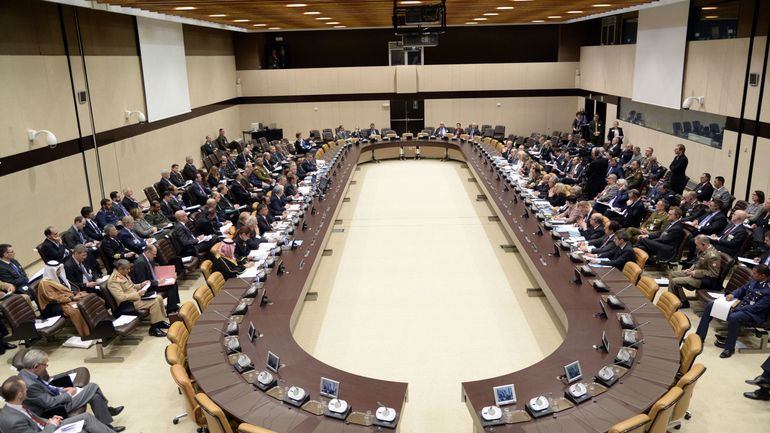The government yesterday approved spending of €5.9 million on the Brussels justice service, to allow the organisation of the trial of the alleged terrorists involved in the 2016 terror attacks at Brussels airport and the city metro.
On 22 March in 2016, suitcase bombs went on in the departures hall of Brussels Airport, detonated by two of the three men who had brought them there. A third man escaped and will stand trial.
One hour later, a bomb was detonated on a metro train standing at Maalbeek station in the European quarter by the brother of one of the airport bombers. The man who provided the explosives left the station; he too will stand trial.
The attacks killed 32 people and the three bombers, and injured more than 300. The families of the victims will also be involved in the trial.
The new investment will allow as many as 79 full-time staff to be employed to prepare the trial, which involves 1,400 parties and 350 cartons of evidence. The trial will take place in what used to be Nato headquarters in Haren, which is not only empty since the organisation moved to new premises across the road, but which is already heavily covered by security, as it was when Nato was still in residence.
Related News
- Amsterdam knife attack: one dead, four injured
- Brussels' Jewish Museum commemorates 2014 terror attack
- The hunt for Jürgen Conings: a timeline
“Of course it is not the intention to immediately involve all those new people in the largest trial ever,” said a spokesperson for justice minister Vincent Van Quickenborne. “Experienced personnel from within the Brussels judiciary will also be deployed. It is also not up to the Justice ministry to determine where those people will be deployed. We are only providing the budget, so that everything can be ready by September 2022.”
As an example, the registry on what is now known as the Justitia site has to be manned, to take care of all the documents and pieces of physical evidence needed for the trial. And the lawyers who are there to represent the 1,400 parties involved also have to be provided for.
The ministry stressed that the new investment covers personnel costs only, and not the other costs involved in staging an unprecedentedly complex trial.

